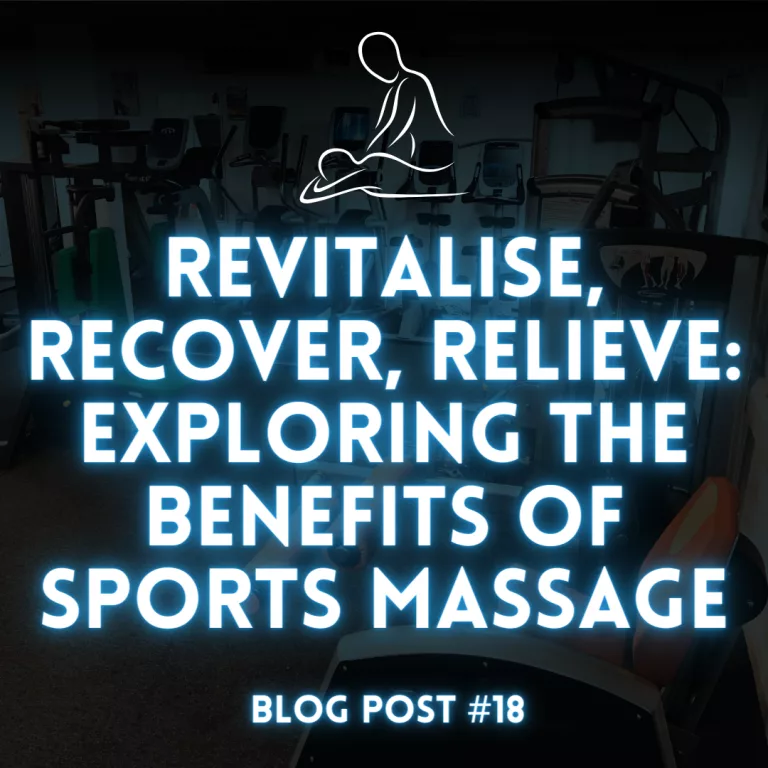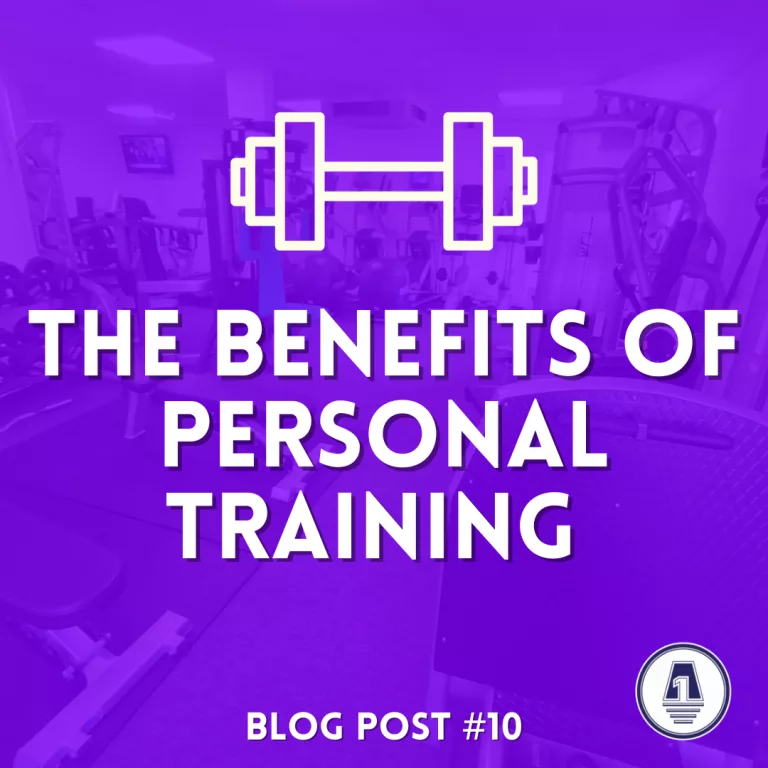Today marks the start of World Wellbeing Week 2024. This annual event, celebrated globally, encourages us to consider the various aspects of our wellbeing – mental, physical, emotional, and social. Among the range of activities and practices that can enhance our wellbeing, regular exercise can often be the foundation of a healthy lifestyle. Let’s explore the benefits of incorporating regular exercise into our daily lives…

Physical Health Benefits
Improved Cardiovascular Health
Regular exercise strengthens the heart, improves blood circulation, and can reduce the risk of cardiovascular diseases. Activities such as walking, running, swimming, and cycling help maintain healthy blood pressure and cholesterol levels, reducing the risk of heart attacks and strokes.
Weight Management
Consistent physical activity helps in burning calories and building muscle mass, which are crucial for maintaining a healthy weight. Combined with a balanced diet, exercise is a key factor in preventing obesity and its associated health risks, such as diabetes and metabolic syndrome.
Enhanced Muscular and Skeletal Strength
Weight-bearing exercises, such as weightlifting, yoga, and resistance training, increase bone density and muscle strength. This not only helps in maintaining a toned physique but also reduces the risk of osteoporosis and fractures, especially as we age.
Mental Health Benefits
Reduced Stress and Anxiety
Exercise triggers the release of endorphins, the body’s natural mood lifters. Engaging in physical activities, particularly aerobic exercises, can significantly reduce stress levels, alleviate symptoms of anxiety, and improve overall mental wellbeing.
Improved Mood and Mental Clarity
Regular exercise has been shown to boost serotonin and dopamine levels in the brain, which are associated with feelings of happiness and pleasure. This can lead to improved mood, enhanced cognitive function, and better memory retention.
Better Sleep Quality
Physical activity helps regulate sleep patterns by reducing the time it takes to fall asleep and increasing the depth of sleep. This is essential for overall health, as quality sleep is crucial for the body’s repair processes and mental restoration.
Emotional and Social benefits
Boosted Self-Esteem and Confidence
Achieving fitness goals, whether it’s running a marathon or lifting heavier weights, can significantly boost self-esteem and confidence. The sense of accomplishment from overcoming physical challenges translates into a positive self-image and greater self-worth.
Enhanced Social Connections
Group activities such as team sports, fitness classes, and running clubs provide opportunities for social interaction and community building. These social connections can reduce feelings of loneliness and provide emotional support, enhancing overall emotional wellbeing.
Improved Coping Mechanisms
Regular exercise can serve as a healthy outlet for managing and coping with life’s challenges. Whether it’s a tough day at work or personal struggles, physical activity offers a constructive way to channel emotions and reduce negative stress.
Tips for incorporating regular exercise
Set Realistic goals
Start with achievable goals that fit into your lifestyle. Whether it’s a daily 30-minute walk or a weekly yoga class, setting realistic targets helps build consistency and motivation.
Choose Enjoyable Activities
Engage in activities that you enjoy. Whether it’s dancing, hiking, swimming, or playing a sport, finding pleasure in your workout routine increases the likelihood of sticking with it.
Mix it up
Variety is key to preventing boredom and targeting different muscle groups. Combine aerobic exercises with strength training, flexibility exercises, and recreational sports to keep your routine interesting and balanced.
Prioritise Consistency Over Intensity
Consistency is more important than the intensity of workouts. Regular, moderate exercise is more beneficial and sustainable in the long run compared to sporadic intense workouts.
Listen to your body
Pay attention to how your body responds to exercise. Rest and recovery are just as important as the workouts themselves to prevent injuries and ensure long-term success.
–
To read more fitness advice, head over to out blogs page! To learn more about World Wellbeing Week 2024, head over to their website.






